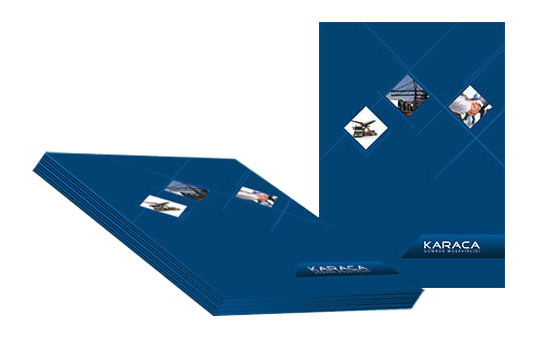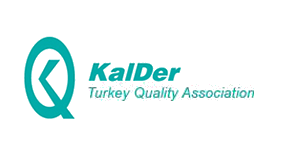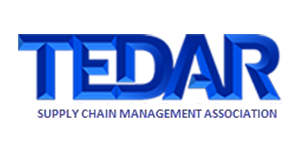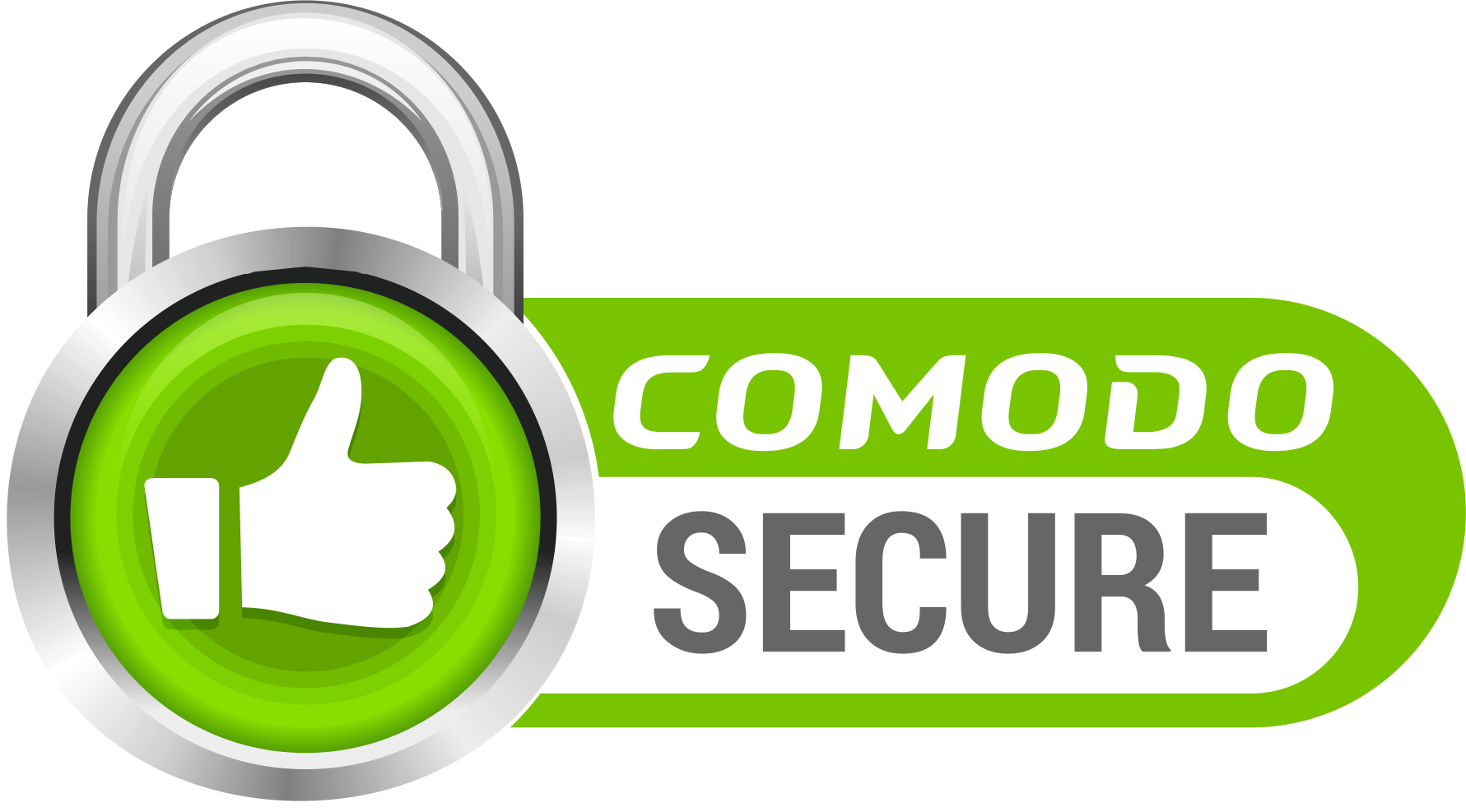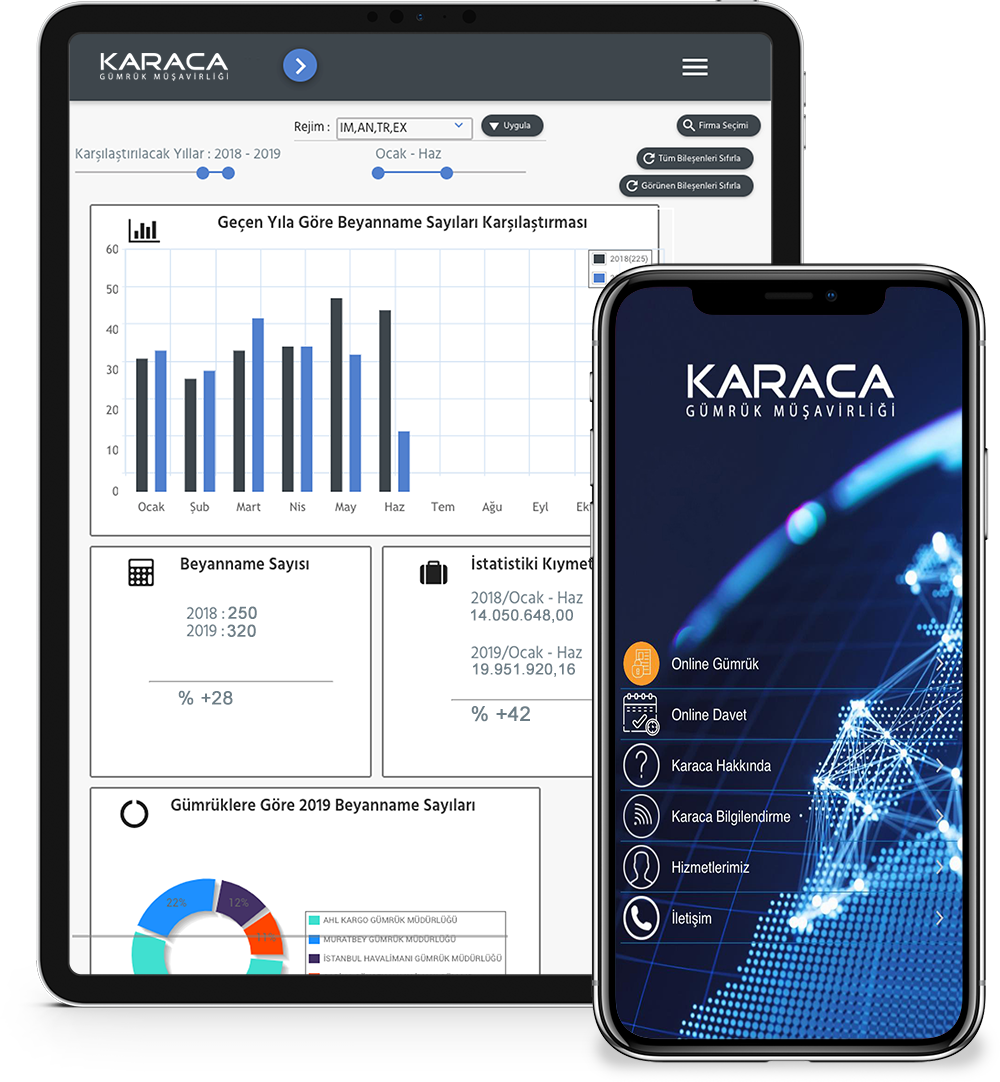KARACA headquartered in Istanbul draws attention with its comprehensive services.
Audit Services
Subsequent control refers to inspection of commercial documents and data regarding import or export transactions or subsequent trade activities of obligors in accordance with Article 73 of the Customs Code numbered 4458, after the delivery of the goods, at premises of obligors by customs Inspectors in order to determine the accuracy of the information declared to the customs authority. Subsequent control is conducted to determine whether the persons (real and legal) fulfil the obligations stipulated in the customs legislation and other relevant legislation. A company that is subsequently controlled is not only inspected with regards to customs duties, but in terms of origin documentation, tariffs and assets, any permits, accounting records, certificates of origin, production processes and compliance with requirements stipulated by regimes.
In order to avoid losses or criminal sanctions as a result of errors and shortcomings to be revealed in subsequent controls by customs inspectors which may not be corrected, it is highly recommended that foreign trade companies perform pre-control and inspections themselves and carry out preparatory work with a specialized audit company experienced in Pre- Control Inspection Services which prepares firms for subsequent controls.
KRC CUSTOMS AUDIT AND CONSULTANCY INC. one of our group companies, is an institution with a high experience and knowledge, which prepares its customers extensively for these audits, stands out in the sector with the services it provides
KRC Customs Inspection and Consultancy Inc. informs and guides its valued customers, who want to be prepared comprehensively in advance for the customs inspections to be made by the customs inspectors about the following topics checks and inspects the business processes in advance reports the results regularly and ensures trouble-free management.
In summary; foreign trade companies must,
- Keep all correspondence related to foreign trade in the file and take into account whether license, royalty, commission fees in the contract content are taxes by adding in the value of the goods and whether there is relationship with the exporter company,
- The Certificate of origin, Form A, EUR 1 must be requested from the supplier in each import process.
- In case of necessity of declaration to customs not covered by exemption limits, you should contact a customs consultant to declare to the customs authority, before receiving the goods delivered to you by means of an overnight courier,
- It is not sufficient to declare the goods carried together with passenger as non-declared (usually foreign guest) goods with a VAT declaration No. 2 and it is required to be attentive about necessity of submission to the customs authority.
- The copies of the of international documents related to goods covered by declaration such as Bill of lading, CMR, truck carnet, ATA carnet must be kept,
- The original or the copies of the documents added to the declaration or specified in 44th box of the Declaration like commercial invoice, value declaration form, TSE conformity certificate, control certificate, certificate of origin, A.TR, Form A, EUR. 1 etc., must be kept,
- The invoice and receipts regarding the international and domestic carriage of goods, the insurance policies of the goods and, bank receipt, receipt etc. documents regarding the payment of goods and KKDF receipts should be kept,
- If a separate payment has been made for the containers and packaging of the imported goods, then this value must be declared in value declaration and the taxation should be done in this way,
- All payments made in relation to imported goods, price increase, advance, expense, refund or price arrangement should be stored in each import file on the basis of the declaration of information,
- The Commission and interest payment on the payment of the cost of the imported goods, or if an abnormal discount is made by the seller all these items must be taxed by inclusion in the value.
- The invoice amounts must be declared with the correct currency type and not to be declared with the low rate of corresponding currency type and CIF value shouldn’t be declared low,
- Companies should be very careful about GTIP, products carrying the same product codes should not be declared with different GTIPs,
- Buyer-seller relationship must be correctly declared,
- The documents added to the declaration should be considered,
- VAT rates must be declared correctly, the same items should not be declared with different VAT rates,
- Pay attention to price, weight, and quantity figures on invoices,
- The declaration of delivery forms should be considered carefully (payment of freight by buyer/shipper Company)
- Pay attention to the contents and declaration of the domestic expense items,
- Pay attention to validity periods and correct declarations of the AT.R and certificate of origin,
In addition to the above-mentioned items, companies should pay attention to many other important details, otherwise they may face very high penalties, loss of time and prestige, and customs smuggling conviction.

